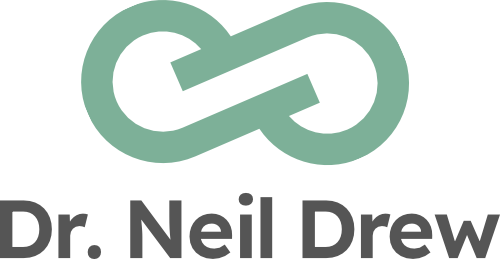
My approach
An autism assessment should be more than a simple yes or no. It should be a therapeutic process with the aim to make sense of your life so far and create a plan for the future. This is my aim. I want to create a positive therapeutic experience for you.
I understand that you have likely been considering this for a long time and committing to an assessment is a serious investment. So I take it seriously too, and want to be transparent with you throughout.
I have worked with autism since 2011 which has included NHS Autism diagnostic teams. I match and exceed their quality, delivering a gold standard level of assessment that is recognised by GPs and complies with the National Institute Health and Care Excellence guidelines.
Although my assessments follow the diagnostic criteria within the DSM-V (the big official book of conditions…), I incorporate a more up-to-date thinking around autism and neurodivergence in general. This includes focussing more on masking, autistic burnout, internalising experiences, alexithymia, and how autism can present differently across the lifespan and whether you are male or female.
Our understanding of autism has evolved significantly in the last decade, and my assessments keep up with this change.
Adult Autism Assessment Process
1. Autism Screening
You will be sent a comprehensive a screening pack which consists of a number of standardised questionnaires looking at autism traits in different areas. Mental health measures can also be completed.
2. Autism Assessment
Autism assessments can be carried out face to face in Dorset or virtually by video. The assessment time in total is approx. 4 hours. I use a series of assessment tools including the Adult Autism Assessment (AAA), and the Monteiro Interview Guidelines for Diagnosing the Autism Spectrum (MIGDAS), along with semi-structure clinical interviews. Although this all sounds very technical and structured, I do tailor my approach to meet he needs of the individual in front of me.
3. Third party information
Where possible, I will gather information from somebody that knows you well. This can be via a parent to gain a developmental history, or a partner or sibling to gather their perspective on you. This part of the assessment is not essential for adult assessments, but it is also useful to add additional evidence.
4. Autism Diagnostic Report
A comprehensive report (approx. 12 pages) will be written and sent to you. This will include your profile of traits, a conclusion/summary, your strengths, and recommendations going forward with regards to what I feel may help you.
5. Feedback
Following all of the above, we will meet for a feedback session to discuss the outcome, report, and how you have processed it. We can also focus on next steps in this session and the post-diagnostic support options.

It all starts with a message. Get in touch today for further details or to arrange a consult.

